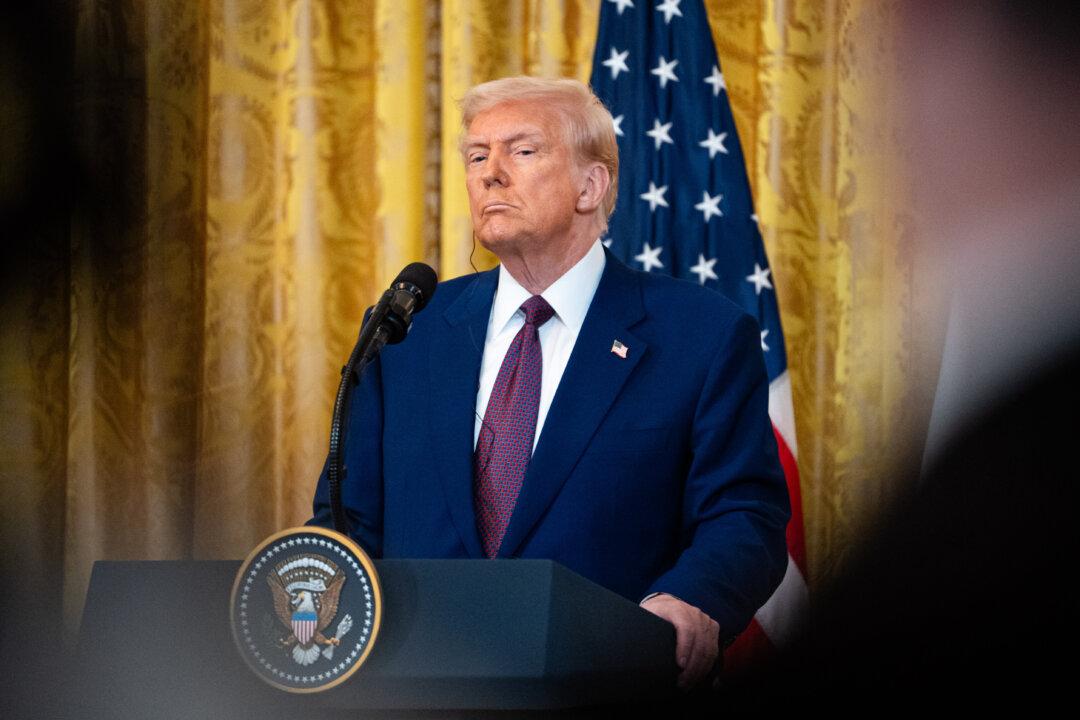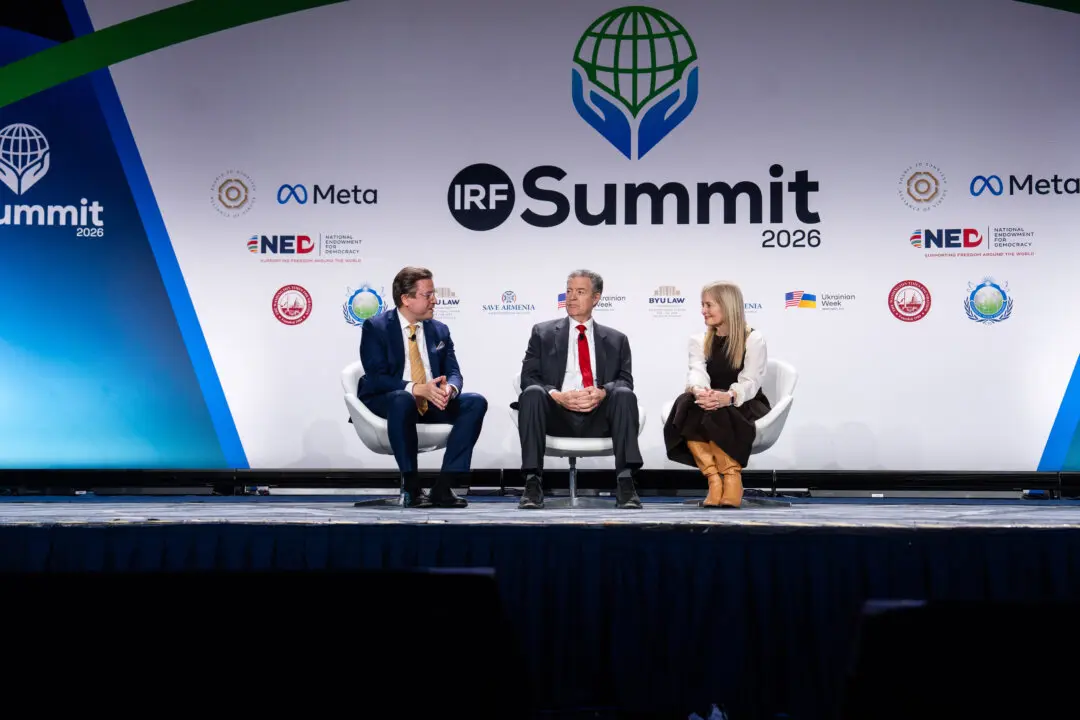President Donald Trump signed a memorandum on Feb. 13 imposing reciprocal on all major U.S. trading partners.
“I’ve decided, for purposes of fairness, that I will charge a reciprocal tariff, meaning whatever countries charge the United States of America,” Trump said to reporters from the Oval Office. “In almost all cases, they’re charging us vastly more than we charge them, but those days are over.”





